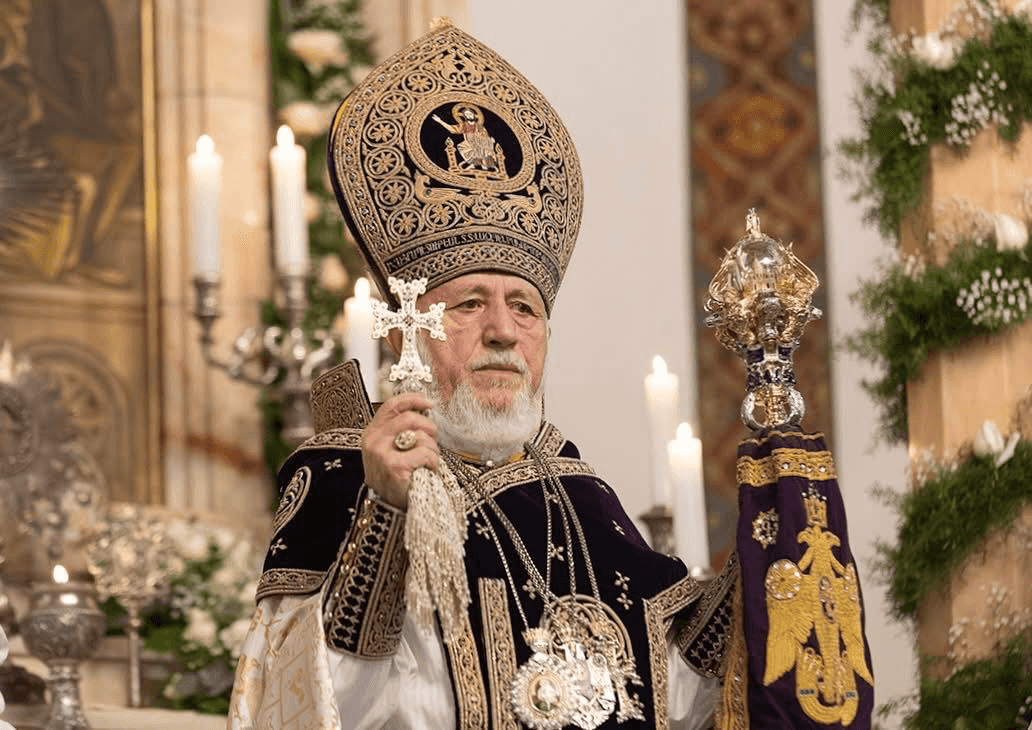
The chair of an Azerbaijani pro-government think tank, Farid Shafiyev, has suggested that three sticking points remain in the peace treaty negotiations: Armenia’s constitution, the expansion of ‘diplomatic and legal warfare’, and the presence of the EU Monitoring Mission in Armenia.
Shafiyev, who is chair of Centre of Analysis of International Relations, cited an anonymous source in his post on X on 4 November.
According to Shafiyev, this source told him that Armenia refused to sign a framework agreement and instead proposed removing three articles — related to alleged territorial claims in the Armenian Constitution, ‘international legal warfare’, and the withdrawal of EU observers from the Armenian-Azerbaijani border — from the current draft.
Regarding the first point, Baku has repeatedly claimed that the Armenian Constitution contains territorial claims against Azerbaijan, which is the ‘main obstacle’ to the peace process.
‘Without the clearly expressed will of the Armenian people to remove any territorial claims concerning Azerbaijan, any future government in Armenia might resort to force to return to the pre-2020 situation’, Shafiyev wrote.
In late August, Armenia announced plans to hold a referendum to approve a new constitution in 2027. However, Yerevan has repeatedly denied claims that the constitutional referendum is connected to the peace process.
The second issue, according to Shafiyev, relates to Armenia’s desire to ‘use third countries and the diaspora in the future to expand diplomatic and legal war’.
Lastly, Shafiyev raised the current deployment of the EU Monitoring Mission in Armenia, which he claimed could be ‘transformed into a military one in the future’.
‘It is clear that Azerbaijan cannot trust the EU, which now [is] on the side of the former aggressor state, which pillaged and destroyed the Azerbaijani territories’, Shafiyev added.
The EU deployed a civilian observer mission to the Armenian side of the border with Azerbaijan in February 2023 at Armenia’s request, and after several incursions by Azerbaijani forces that led to swathes of Armenian territory being occupied. Both Russia and Azerbaijan have criticised the mission since its deployment.
In addition to the points raised above, Shafiyev also alleged that he had heard arguments that the peace treaty ‘cannot guarantee any sustainable security’, citing the failure of the 1994 Budapest Memorandum to guarantee Ukraine’s territorial integrity. According to him, the only guarantee would be for Armenia to demilitarise.
On Thursday, RFE/RL reported that Armenia’s Deputy Foreign Minister, Vahan Kostanyan, had responded to Shafiyev’s comments, stating that ‘since the negotiations are going on at the moment, I don’t think it’s right to fully reveal what the discussions are about, but yes, as I mentioned, there are points that have not been agreed upon, and the discussions will continue on these’.
Following the meeting between Armenian Prime Minister Nikol Pashinyan and Azerbaijani President Ilham Aliyev on the sidelines of the 16th BRICS summit in late October, there were signs of optimism that an agreement would be reached soon on the remaining unsolved issues in the yet unsigned peace treaty.
At the time, both countries published nearly identical statements, saying that the ‘foreign ministers [of Armenia and Azerbaijan] were instructed to continue bilateral negotiations’ on the peace treaty. The statements also noted that the two leaders had discussed the delimitation and demarcation of their shared borders.
On 1 November, Armenian Deputy Prime Minister Mher Grigorian and Azerbaijani Deputy Prime Minister Shahin Mustafayev met to address border delimitation and demarcation, and also shared the final terms of the peace agreement.
Neither administration has made any official statement confirming or denying Shafiyev’s allegations.









